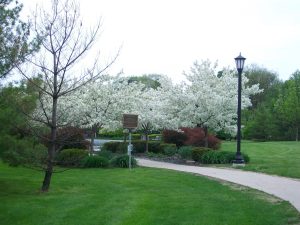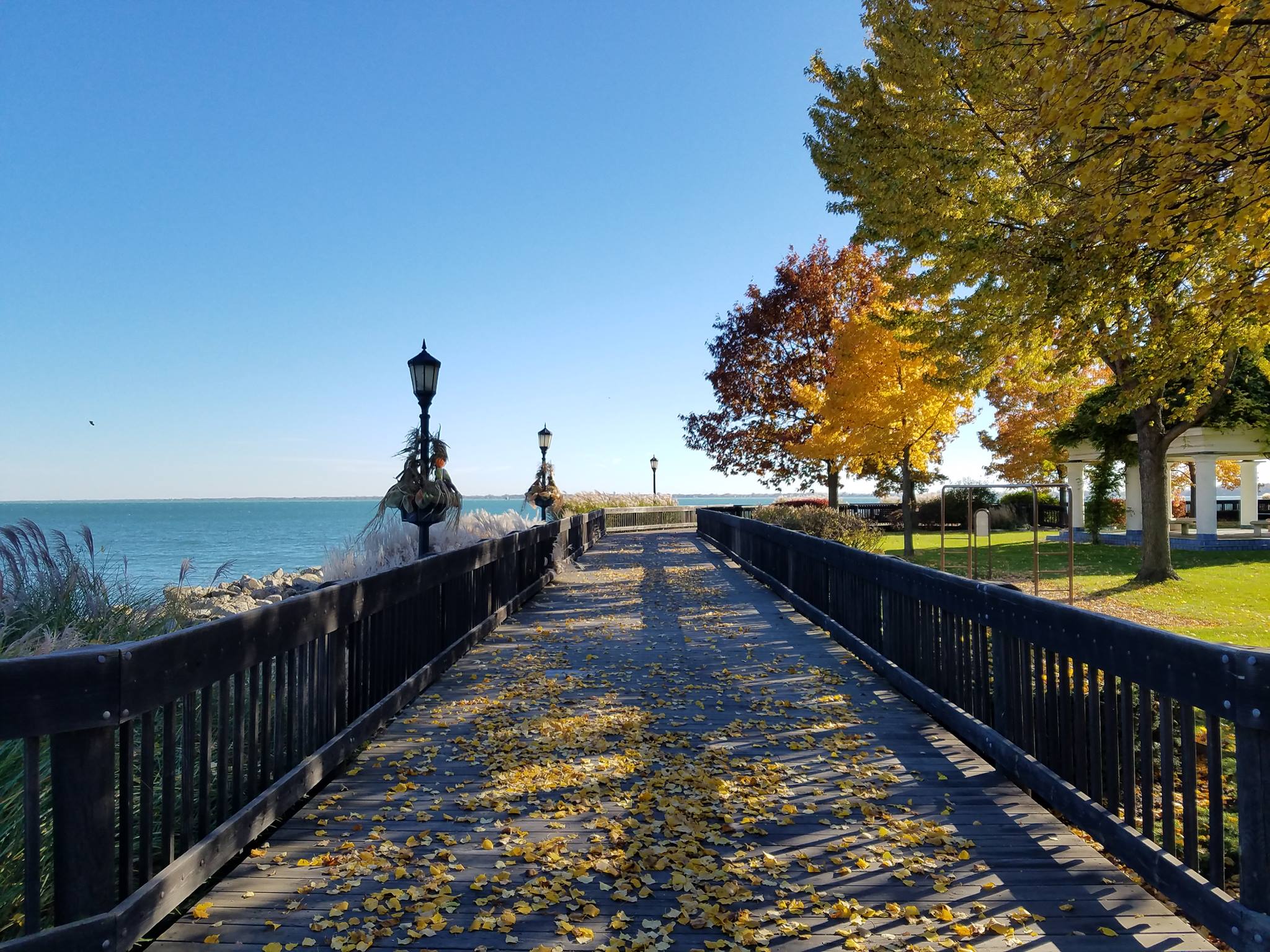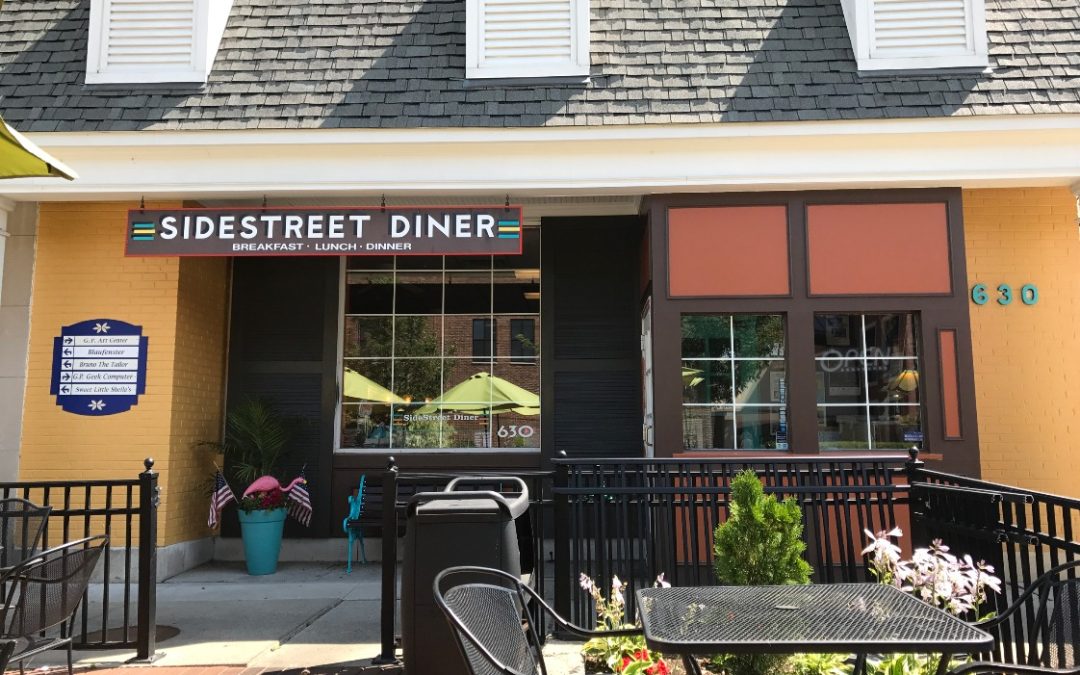Grosse Pointe Park, Michigan has served as the backdrop to a range of momentous historical events, from the Massacre at Fort Detroit during the War of 1812 to the Underground Railroad to the opening of the Detroit-Windsor Tunnel and the 1943 and 1967 riots. With its proximity to Detroit, this small, suburban hub has been inextricably tied to pivotal socio-economic upheaval, movement building, and emerging cultural exchanges throughout history.
Grosse Pointe Park, Michigan is a proud small suburban city located just east of Detroit. It has been the site of numerous significant historical events that have had ripple effects across the nation and beyond. In this article, we will explore seven of these noteworthy occurrences, beginning with the Massacre at Fort Detroit during the War of 1812. British forces, in collaboration with Native American tribes, attacked Fort Detroit which lies southwest of Grosse Pointe Park. General William Hull’s American forces capitulated without a fight, resulting in the British occupation of Detroit for over a year.

Another significant event in Grosse Pointe Park’s history is its role in the Underground Railroad, a network of secret routes and safe houses used by African-American slaves to escape to free states and Canada. Numerous abolitionists in the area, such as the prominent Ferry family, provided assistance and shelter to freedom seekers en route to their next stop on the way to safety and freedom. In the early 20th century, Grosse Pointe Park experienced substantial growth and prosperity due to Detroit’s rise as the hub of the burgeoning automobile industry. Prominent automotive figureheads, including Henry Ford, lived in the area and helped shape the industrial landscape that would forever change modern transportation.
The Detroit-Windsor Tunnel, opened in 1930, was another engineering marvel that connected the United States and Canada and facilitated trade and cultural exchange. The Detroit Race Riots of 1943 and the Detroit Riots of 1967 were also reflective of the racial tensions and inequality that existed throughout the area, as well as the broader civil rights movement to address systemic racial discrimination.
Despite challenges, Grosse Pointe Park has made considerable progress in recent years with the rise of urban farming initiatives. Projects such as GenesisHOPE and TennGreen have succeeded in bringing together the local community to revitalize vacant lots into thriving agricultural spaces. This has not only promoted sustainable food production but also encouraged education and awareness of healthy eating habits.
With a proud and vibrant history, Grosse Pointe Park is making great strides to become a beacon of hope for the region.
Grosse Pointe Park has seen a wide variety of noteworthy happenings throughout its history, from playing a role in the War of 1812 and the Underground Railroad to experiencing the growth and prosperity of Detroit’s automobile industry and how it evolved through civil unrest. From tragic conflict to important progress, there have been a range of significant events that will forever shape this suburb’s collective memory. Through these experiences, Grosse Pointe Park has demonstrated its ability to grow and used each occasion as a chance for development and greater transformation.






